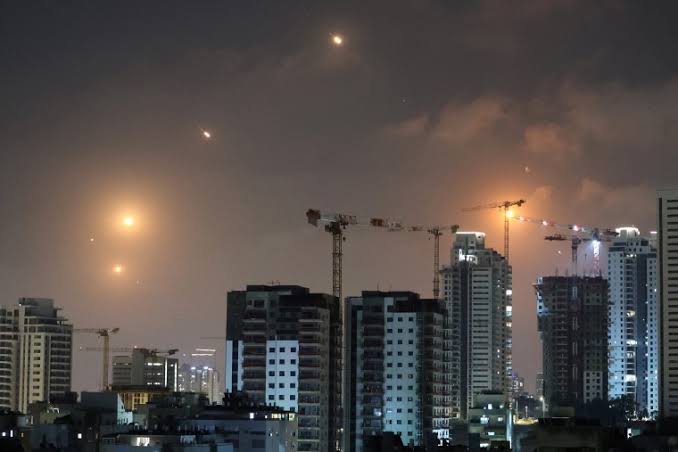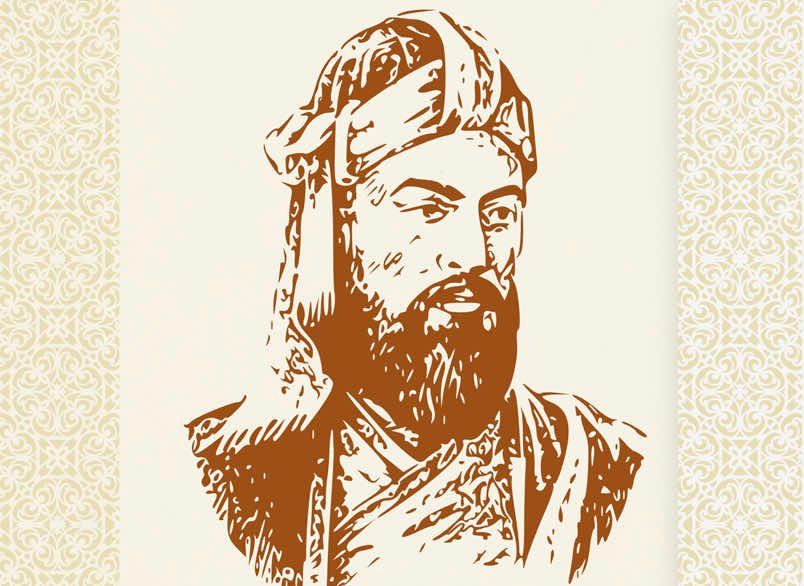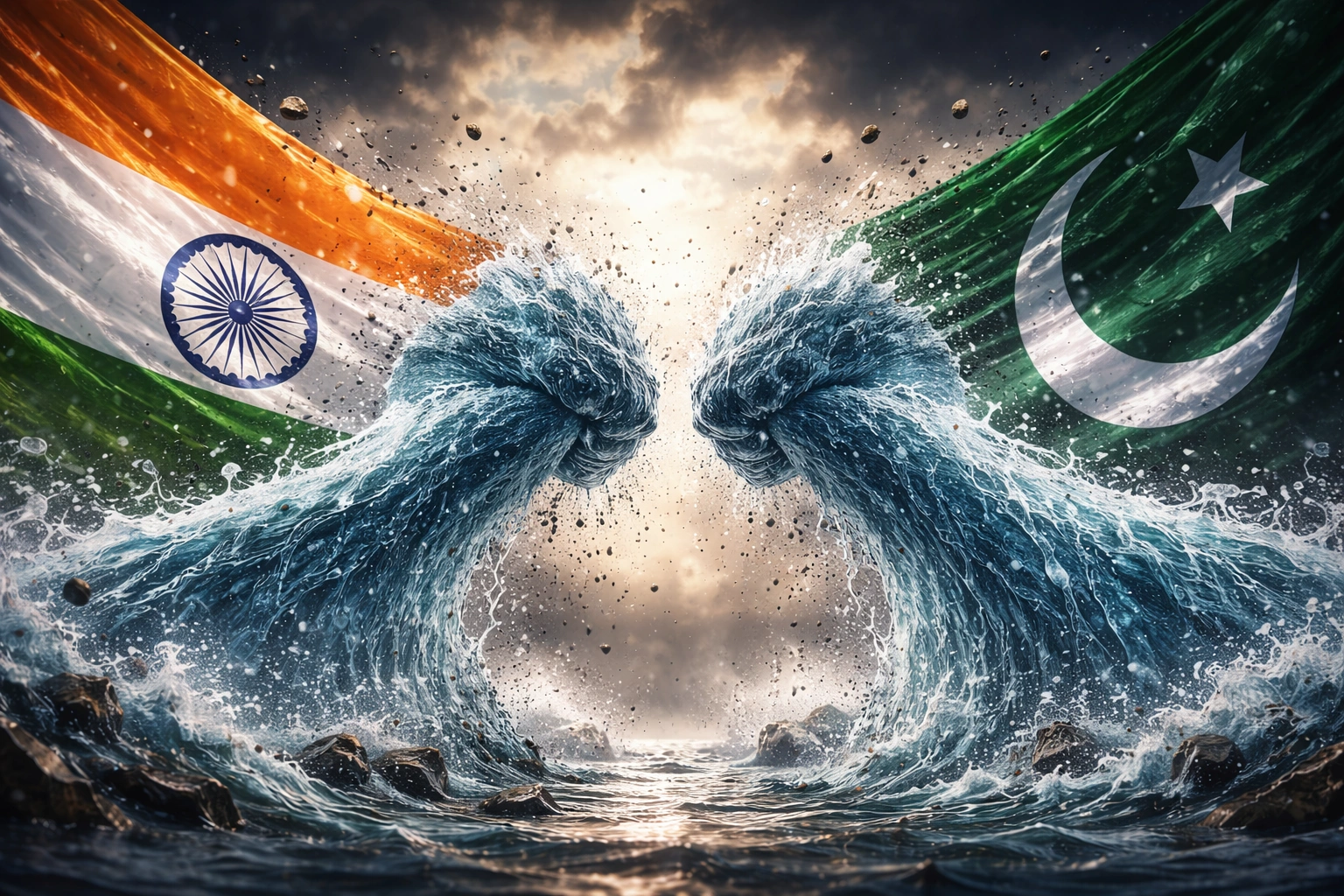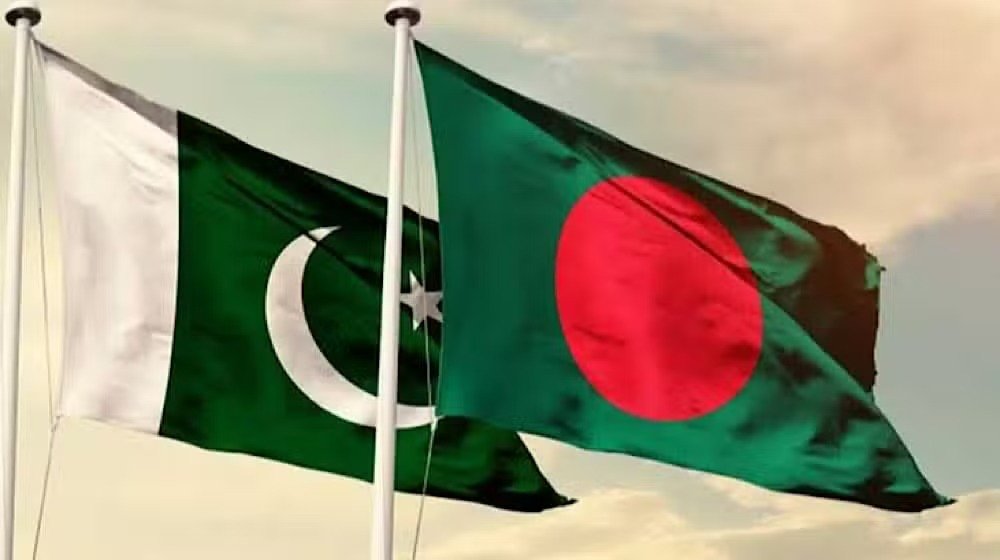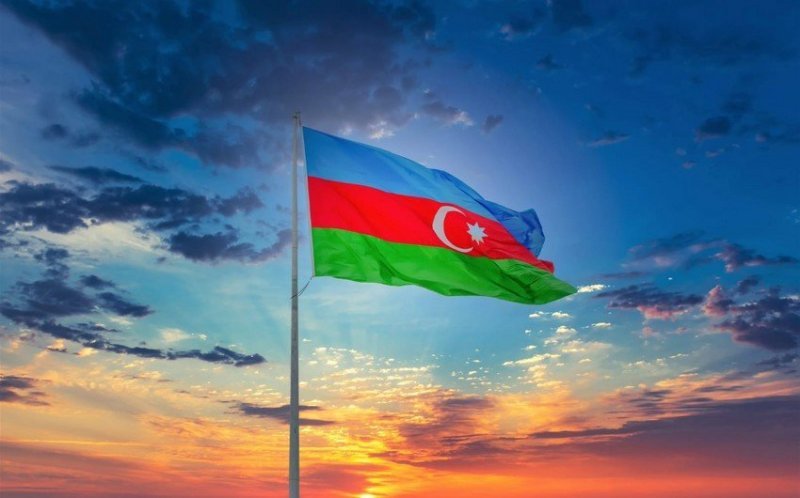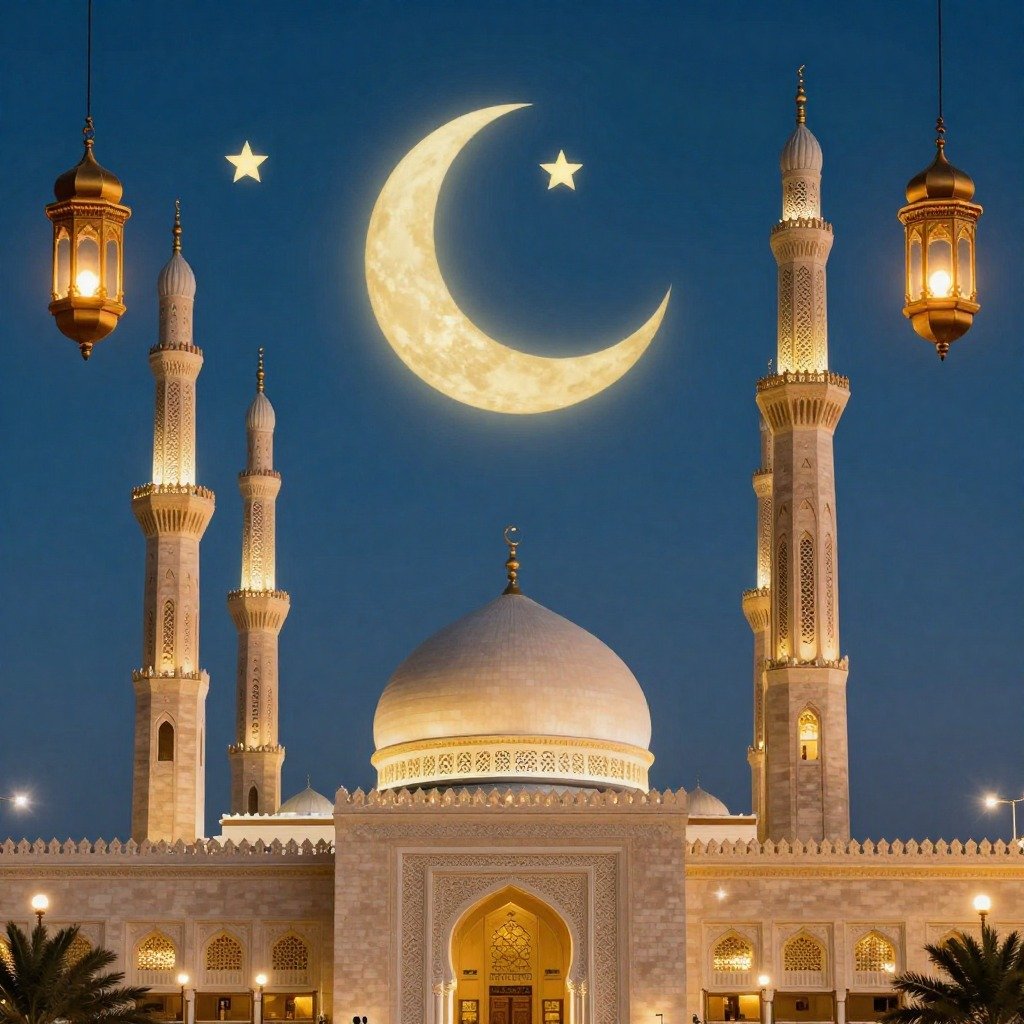The Middle East is once again standing on the brink of a dangerous escalation following the Israeli regime’s brazen attack on Iranian soil — an act widely condemned across the region. Among those martyred in the Israeli assault were General Hossein Salami, Commander-in-Chief of the Islamic Revolutionary Guard Corps (IRGC), physicist Dr. Muhammad Mahdi Tehranchi, and nuclear scientist Fereydoon Abbasi — all prominent national figures whose contributions extended beyond Iran’s borders.
This latest act of aggression reflects a deeply troubling pattern. It coincided with domestic political turmoil in Tel Aviv, where a crucial vote in the Israeli Knesset to dissolve the current government was narrowly defeated. The timing raises serious questions. Reports suggest that the attack may have been a desperate move by Prime Minister Netanyahu to preserve his embattled leadership by stoking nationalist sentiment and deflecting attention from growing internal dissent.
The consequences of this reckless provocation could be catastrophic, not only for Iran and Israel but for the wider Middle East. Already reeling from conflict in Gaza, the region cannot afford another flashpoint. Yet, the Israeli regime’s continued impunity — enabled by selective Western silence — threatens to plunge the entire region into prolonged instability.
The strike against Iranian military and scientific leadership constitutes a clear violation of Iran’s sovereignty and international law. Such actions not only undermine regional stability but also set a dangerous precedent for the normalization of political assassinations and cross-border aggression.
While certain Western powers have long supported Israel unconditionally, this latest incident once again exposes the hypocrisy of those who speak of a “rules-based international order” yet remain silent when their allies violate the very rules they claim to uphold. This selective morality has not only eroded global trust but has also emboldened aggressors who act without fear of accountability.
The targeted killing of key Iranian figures — individuals dedicated to national defense and scientific progress — represents an attack not only on one state, but on the principles of sovereignty, security, and regional cooperation.
Maintaining balanced relations with both Iran and Israel, Beijing has urged all parties to resolve disputes through diplomatic channels and to prioritize development over destruction.
Beijing’s emphasis on economic cooperation, multilateralism, and non-aggression aligns with the aspirations of millions across the Global South who seek peace, prosperity, and dignity — not war, sanctions, or subjugation.
The case for economic cooperation as a cornerstone of peace is compelling. History has shown that regions mired in poverty, youth unemployment, and social marginalization are more susceptible to conflict and extremism. By contrast, cooperation in areas such as clean energy, science, education, and trade can lay the foundation for long-term peace.
Iran, with its rich civilization, scientific excellence, and strategic geographical position, holds immense potential as a regional hub for development and diplomacy. Despite decades of sanctions and external pressure, the country has demonstrated resilience and continues to pursue regional cooperation, particularly through South-South partnerships.
The international community must support these efforts — not isolate them. Economic diplomacy, coupled with cultural and academic exchange, offers a practical path forward that can transform existing fault lines into bridges of understanding.
The escalation between Israel and Iran is a serious threat to regional peace, but it is not irreversible. Diplomatic efforts must now be intensified. The United Nations, Organisation of Islamic Cooperation (OIC), BRICS partners, and other international bodies must step forward with clarity and urgency.
A clear and unified message must be sent: aggression must not go unanswered, but nor must it lead to wider war. The goal must be not only de-escalation, but the establishment of a new framework for collective security in the Middle East — one that respects sovereignty, upholds international law, and prioritizes dialogue over destruction.
It is time to challenge the false choice between war and silence. The people of the region — and indeed the world — deserve a third option: justice.
The stakes are high. If current trends continue unchecked, the risk of a broader regional conflict looms large — one that could engulf not just the Middle East, but draw in global powers and destabilize international markets, energy flows, and peace efforts worldwide.
Mr. Qaiser Nawab, a global peace activist, is a distinguished international expert specializing in the Belt and Road Initiative (BRI), Afghanistan, Central Asia and founder of the Belt and Road Initiative for Sustainable Development (BRISD), a newly established global think-tank headquartered in Islamabad, in conjunction with the one-decade celebration of BRI.
